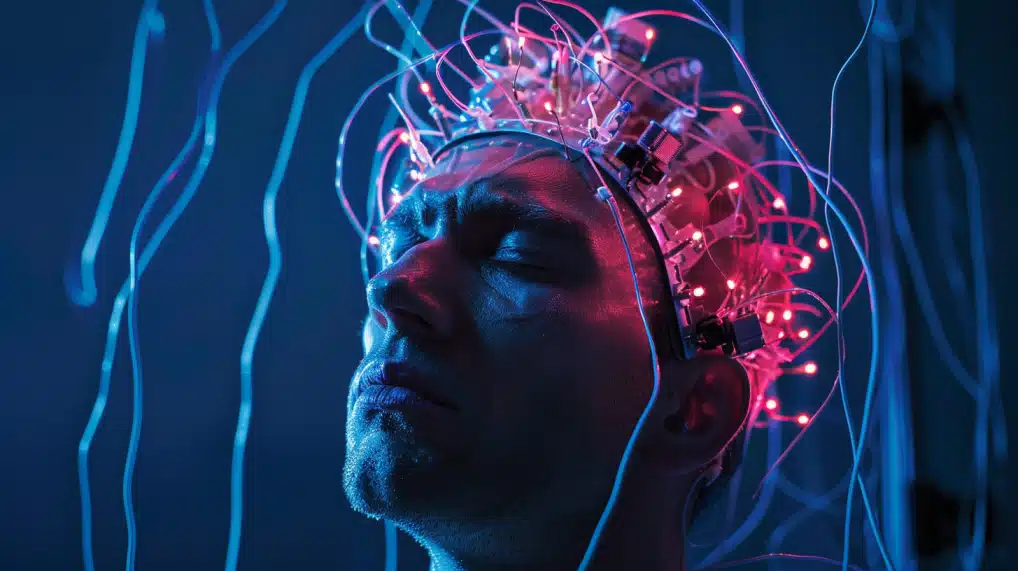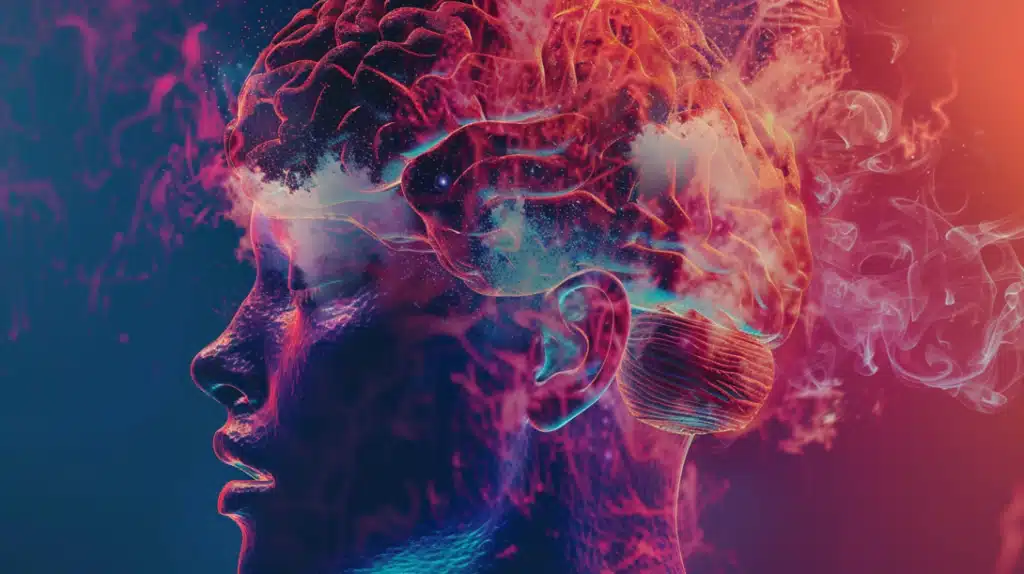Deep Brain Stimulation (DBS) of Nucleus Accumbens (NAc) for Treatment-Resistant Depression (4 Case Reports)
Deep Brain Stimulation (DBS) for Treatment-Resistant Depression (TRD) explores the cutting-edge intersection of technology and neuroscience, offering hope to those for whom traditional treatments have failed. By targeting specific brain areas, such as the nucleus accumbens, DBS attempts to modulate the underlying neural circuits associated with depression. A recent review analyzed case reports documenting significant …






